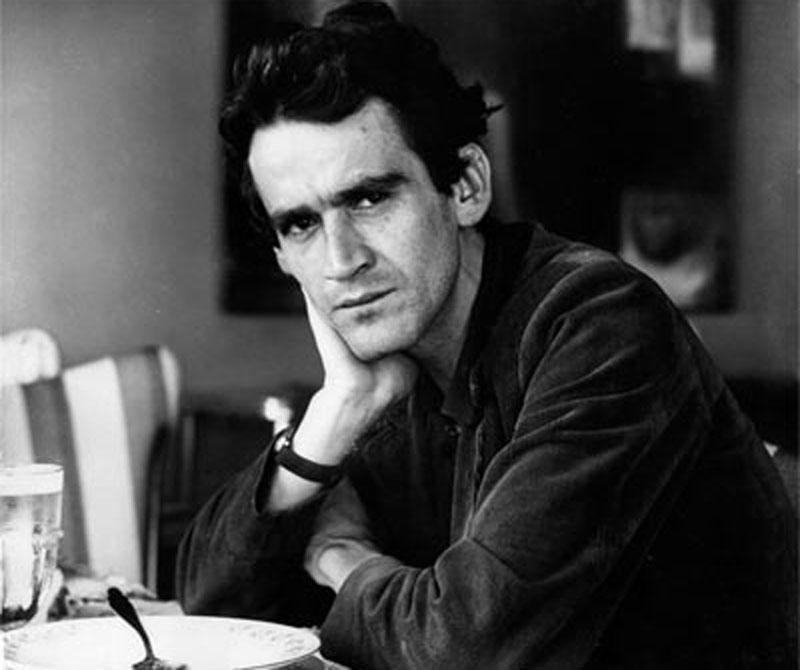Nadaísmo (Literary movement)
Enlarge text Shrink text- Work cat.: Valencia, Elmo. Bodas sin oro :cincuenta años del nadaísmo, 2010: p. 33 (created in June 1958 in Medellín)
- Wikipedia, July 16, 2010(Nadaísmo: nothing-ism; local interpretation of existentialism and nihilism in literature; the violent events in Colombia during the 1940s and 1950s, resulted in the Nothing-ist movement)
- Spanish Wikipedia, July 16, 2010(developed during 1958-1964; countercultural movement with roots in dadaism and surrealism; literary movement that expressed a protest against the traditional institutions of society and culture, a protest that is philosophically nihilist)
Nadaism (Spanish: Nadaísmo, meaning "Nothing-ism" in English) was an artistic and philosophical counterculture movement in Colombia prevalent from 1958 to 1964. The movement was founded by writer Gonzalo Arango and was influenced by nihilism, existentialism, and the works of Colombian writer and philosopher Fernando González Ochoa. Nadaism was largely a movement in reaction to La Violencia and was the Colombian expression of numerous avant-garde-like movements in the poetry of the Americas during the 1950s and 60s, such as the Beat Generation in the United States and the Tzanticos in Ecuador. The movement was largely anti-establishment. It resulted in several works of literature, music, and movies expressing Nadaist themes. The term nadaísmo was a play on the words "nada", meaning nothing, and "Dadaism" (Spanish: Dadaísmo). Nadaísmo has sometimes been called "Colombian dadaism", a "Colombian Beat Generation", or "Colombian Futurism".
Read more on Wikipedia >
 Topic
Topic


